At Sundance this year, history was made when Sabar Bonda (Cactus Pears) became the first-ever Indian fiction feature to win the Grand Jury Prize. Rohan Parashuram Kanawade, a self-taught filmmaker who grew up in the Mumbai slums, raised by a chauffeur father and homemaker mother, and went on to pursue his passion for cinema against all odds. Leaving behind a career in interior design in 2010, Rohan nurtured his craft independently, driven by an unshakable belief in stories rooted in truth and emotion.
There are four Executive Producers also on board for Sabar Bonda- Vikramaditya Motwane, Nikkhil Advani, Sai Tamhankar and Nagraj Manjule. In an excluisve interview with Firstpost, the director of films like Kal Ho Naa Ho and D-Day, and the man associsted with shows like Rocket Boys and Freedom At Midnight (Advani), spoke about coming on board as the Executive Producer for this crucial film, what goes behind the budgeting of a project, and the growing reliance on Aritifical Intelligence.
Edited excerpts from the interview
You have such a diverse filmography- From Kal Ho Naa Ho, D-Day, and you have also backed films like Airlift and shows like Rocket Boys and Mumbai Diaries. What excited you about Sabar Bonda?
I was just envious about the fact that here’s a voice that 30 years ago seemingly was our voice. We have some kind of power to influence and tell the audiences that here is something that you all should go and watch. I have seen the shift happening within my office also. We also did a film like Stolen and everybody has called me from my office and they are young kids. They are saying things like ‘We have already booked our tickets for Sabar Bonda.’
These are the people who are aware of the fact that films like Jugnuma are releasing in cinemas. A film like Homebound is also coming out in cinemas on September 26. I will be happy if people say ‘This is the guy that backed Sabar Bonda.’
Post the pandemic, there came a time when people became obsessed with watching what they call mass cinema, then came a time when those very films began to fail. Now they seem to be gravitating towards a variety of films. As A successful filmmaker, are you ever burdened by the market forces of what to make next?
Not really. Luckily, Kal Ho Naa Ho was such a big hit that everybody was looking forward to what I was going to be doing next. I then made another love story called Salaam-E-Ishq. I don’t know how to make films in Rs 600, 800 crore, it’s so much pressure. The best way to work is to know that these are your shortcomings and you should be making interesting movies. We have been doing a lot of period shows so people think that I have a vintage car in my garage. I have never been viewed as a mass director.
Sabar Bonda is made under a controlled budget and that’s one of the strengths of the film. What goes behind the budgeting of a film or a show for you?
Everyone’s ambition is always greater than the budget. Everybody’s vision is always greater than the budget. I have not come across a single person where the budget has superseded the vision- be it Vikramaditya Motwane or Rohan. Filmmaking is a series of mistakes nobody should come to know about. I remember reading a review of Kal Ho Naa Ho where it was written how I used the bridges of New York to cement the relationship between Shah Rukh Khan and the rest of the characters. And I was like ‘Wow.’ That particular location was a free location for us. The Brooklyn bridge was in the background. As a showrunner and producer, you should be able to tell the director to fight for what is important and that every day is not important. Choose your battles wisely.
We all are the executive producers on Sabar Bonda. It’s our job to amplify the film. But you should read the script and understand the script. Talk to your director and tell him that you don’t need this. Usually the director will turn around and say that ‘What do you guys know!’ Yash Johar is the best producer in the world. We used to tell him that ‘Yash uncle aapke zamane mein aisa hota tha.’ We then used to look like fools because he was right.
What is your take on the growing reliance of Artificial Intelligence and the way it has crept into the industry?
It is definitely scary because the parameters have not been defined yet. We don’t know enough of it as yet. Is it going to be something that will wipe out the smaller guys? There is definitely a conversation around it.


)
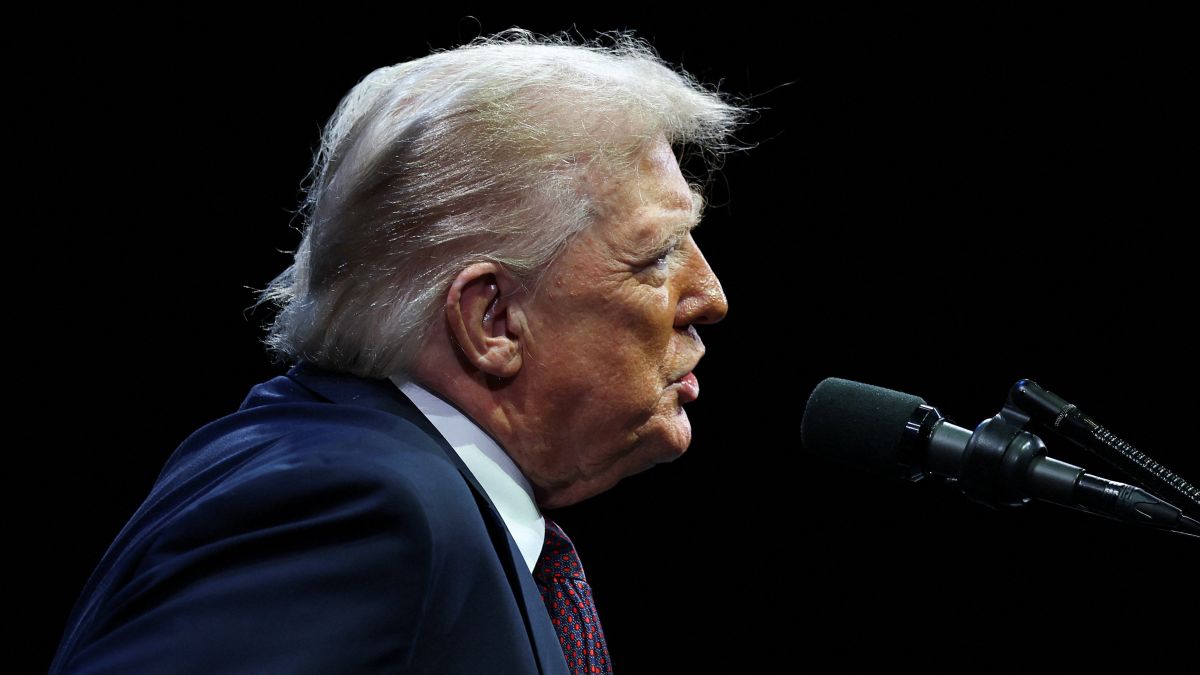)
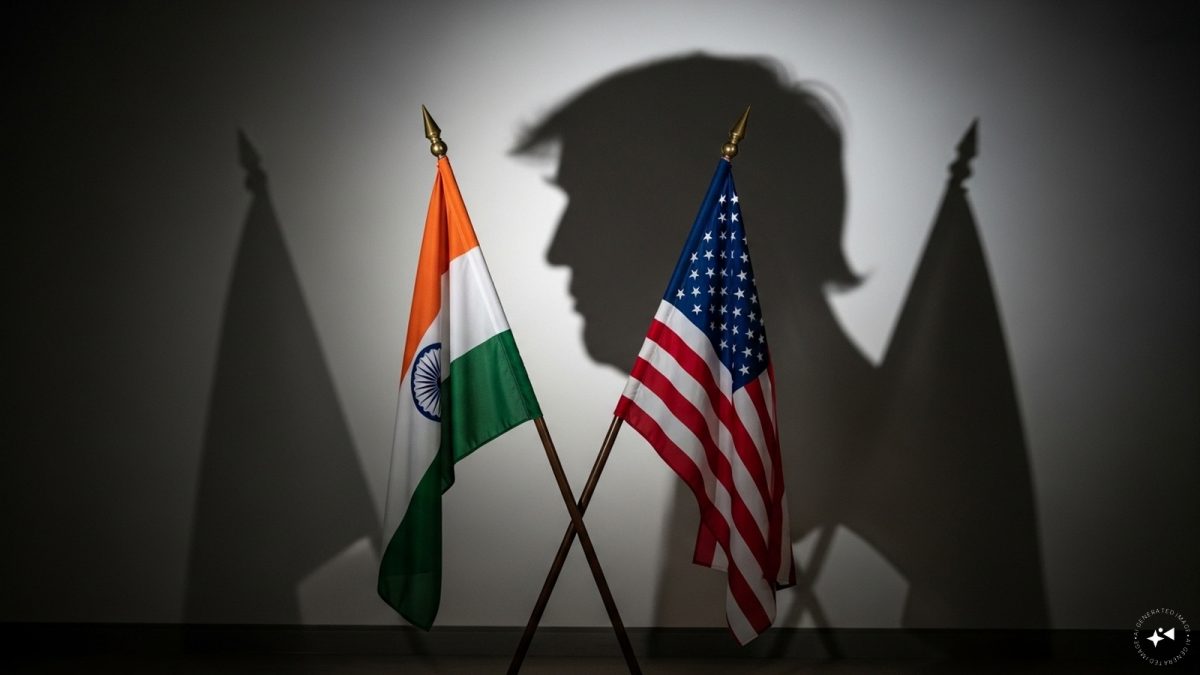)
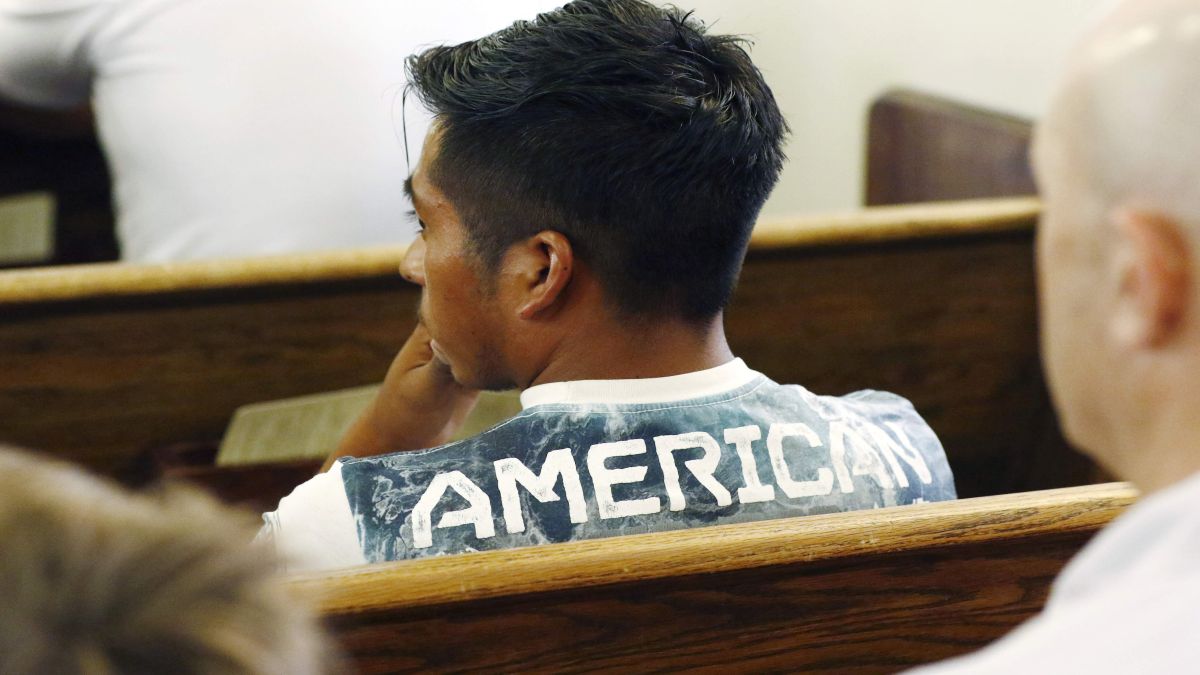)
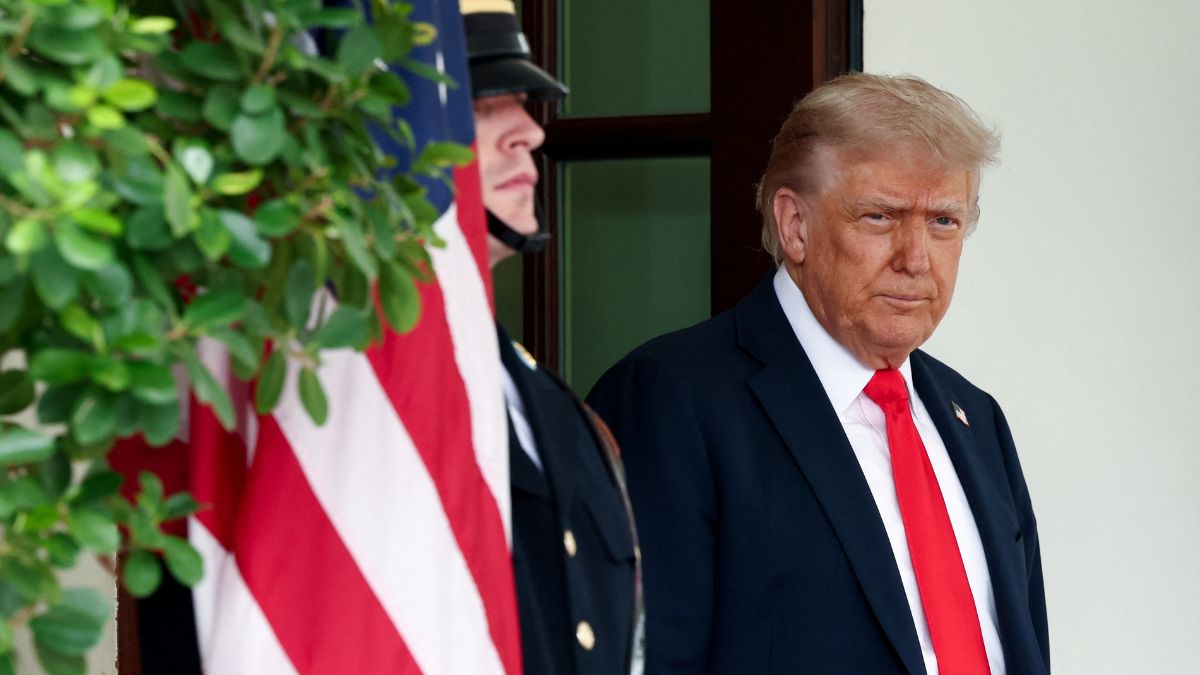)
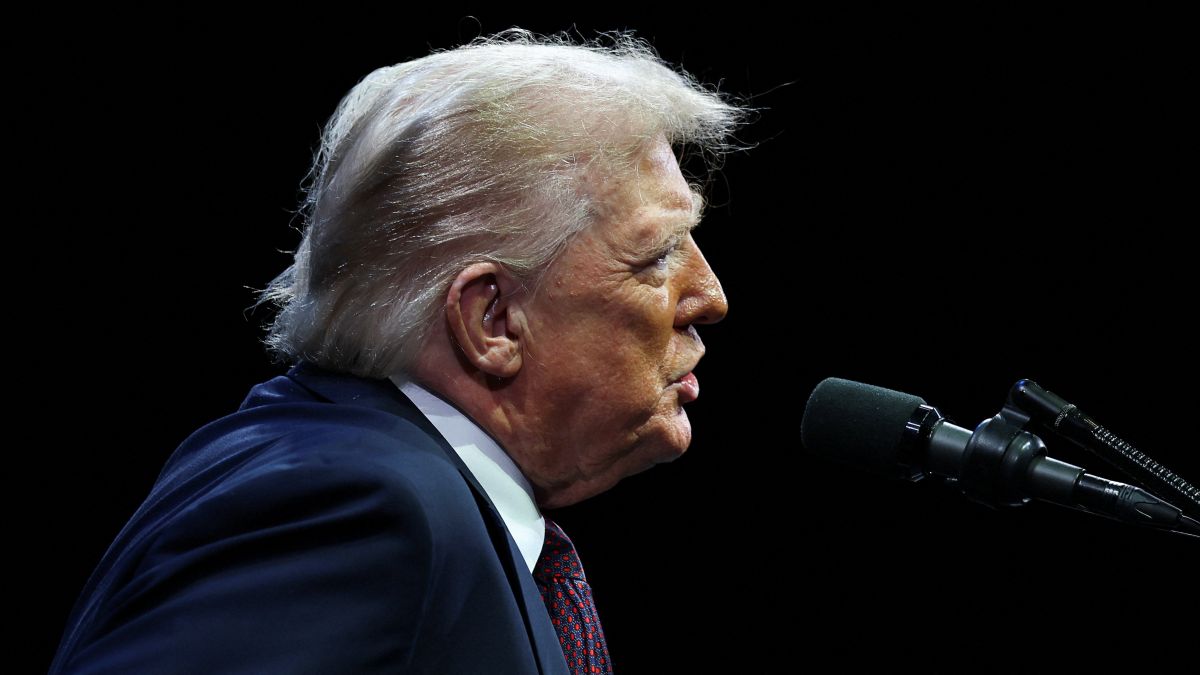)
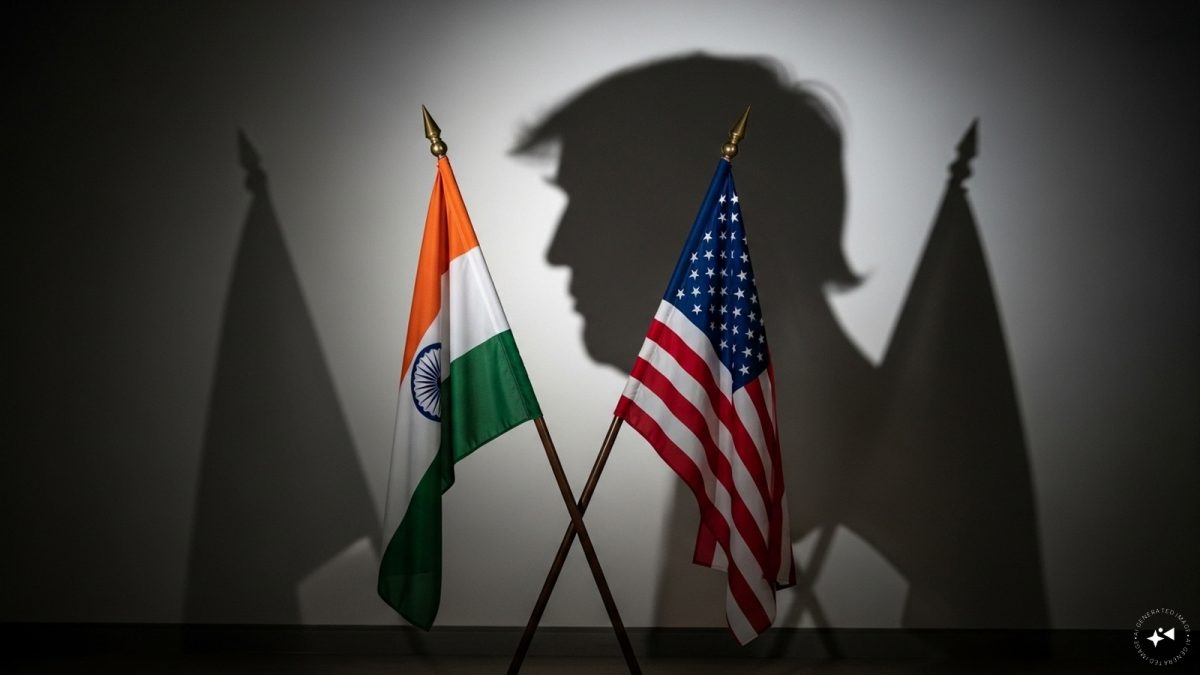)
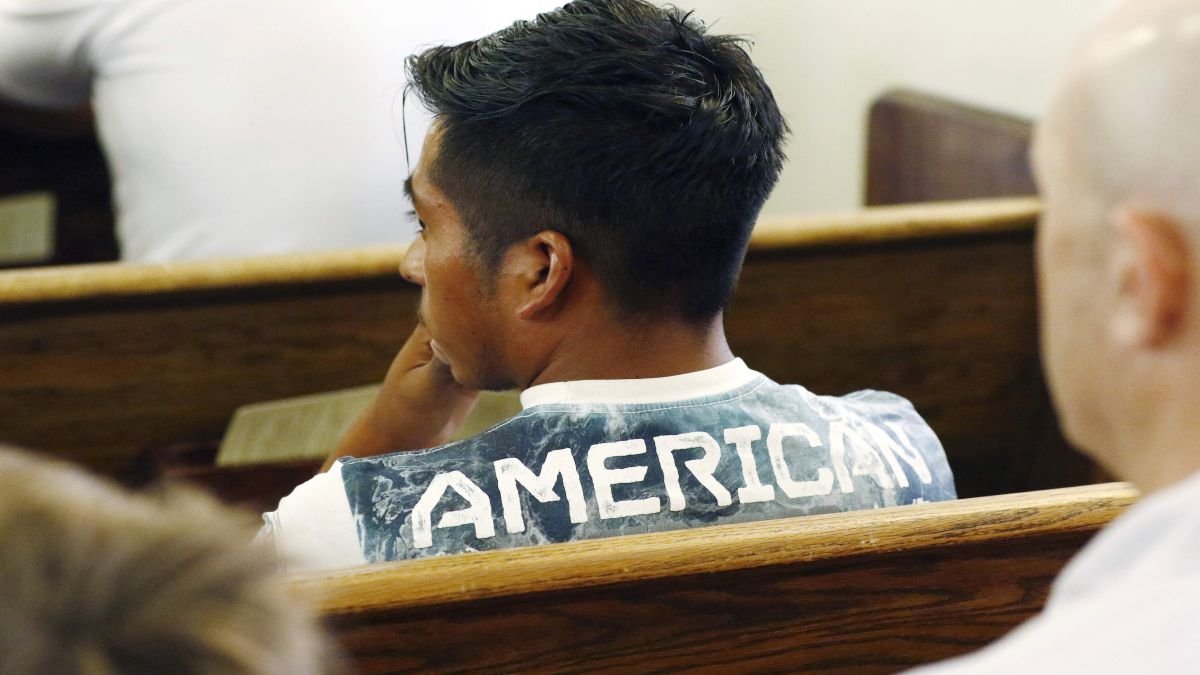)
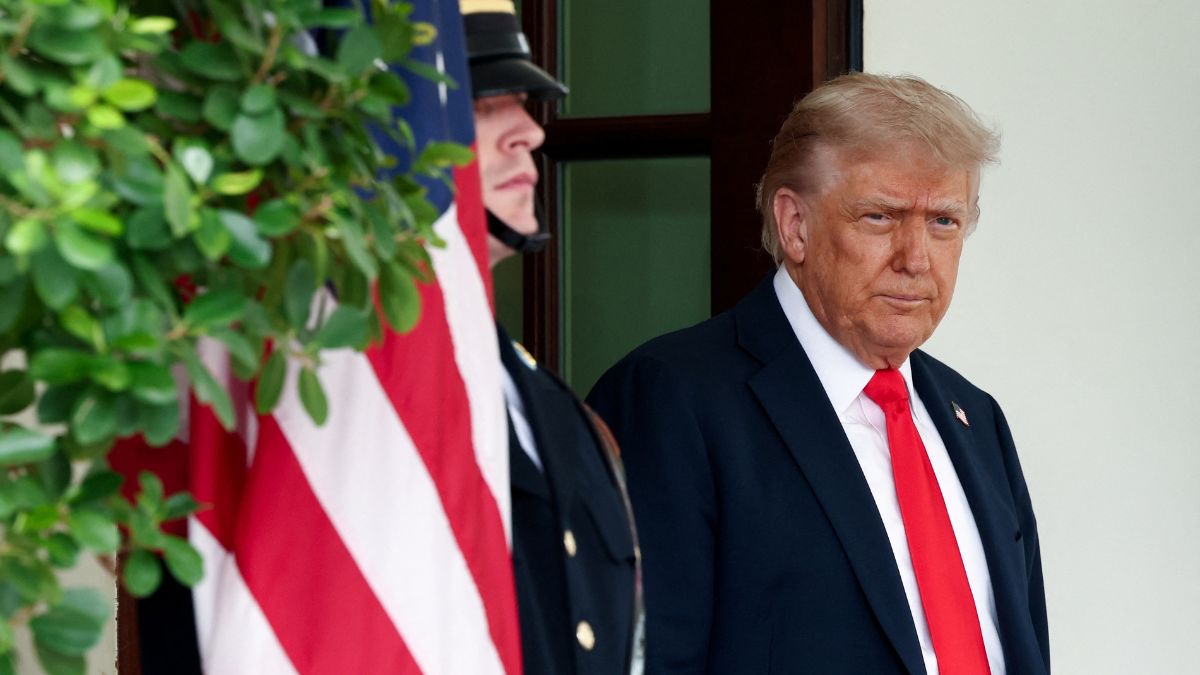)



